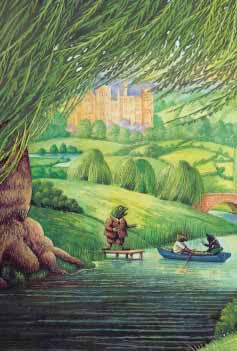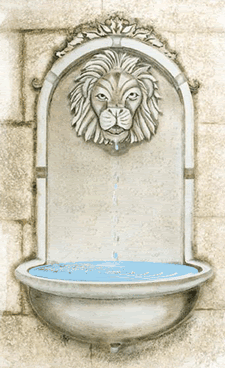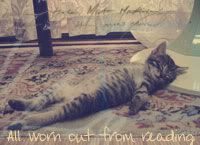The Good Ones Last
 Where the children's story is simply the right form for what the author has to say, then of course readers who want to hear that, will read the story or re-read it, at any age. I never met The Wind in the Willows or the Bastable books till I was in my late twenties, and I do not think I have enjoyed them any the less on that account. I am almost inclined to set it up as a canon that a children's story which is enjoyed only by children is a bad children's story. The good ones last. A waltz which you can like only when you are waltzing is a bad waltz.
Where the children's story is simply the right form for what the author has to say, then of course readers who want to hear that, will read the story or re-read it, at any age. I never met The Wind in the Willows or the Bastable books till I was in my late twenties, and I do not think I have enjoyed them any the less on that account. I am almost inclined to set it up as a canon that a children's story which is enjoyed only by children is a bad children's story. The good ones last. A waltz which you can like only when you are waltzing is a bad waltz.This canon seems to me most obviously true of that particular type of children's story which is dearest to my own taste, the fantasy or fairy tale. Now the modern critical world uses 'adult' as a term of approval. It is hostile to what it calls 'nostalgia' and contemptuous of what it calls 'Peter Pantheism'. Hence a man who admits that dwarfs and giants and talking beasts and witches are still dear to him in his fifty-third year is now less likely to be praised for his perennial youth than scorned and pitied for arrested development. If I spend some little time defending myself against these charges, this is not so much because it matters greatly whether I am scorned and pitied as because the defence is germane to my whole view of the fairy tale and even of literature in general.
~C.S. Lewis, Of Other Worlds: Essays and Stories, "On Three Ways of Writing for Children" (1966)
_________________________________
Cool link of the day: J.R.R. Tolkien: On Fairy Stories




0 Comment(s):
Post a Comment
<< Home